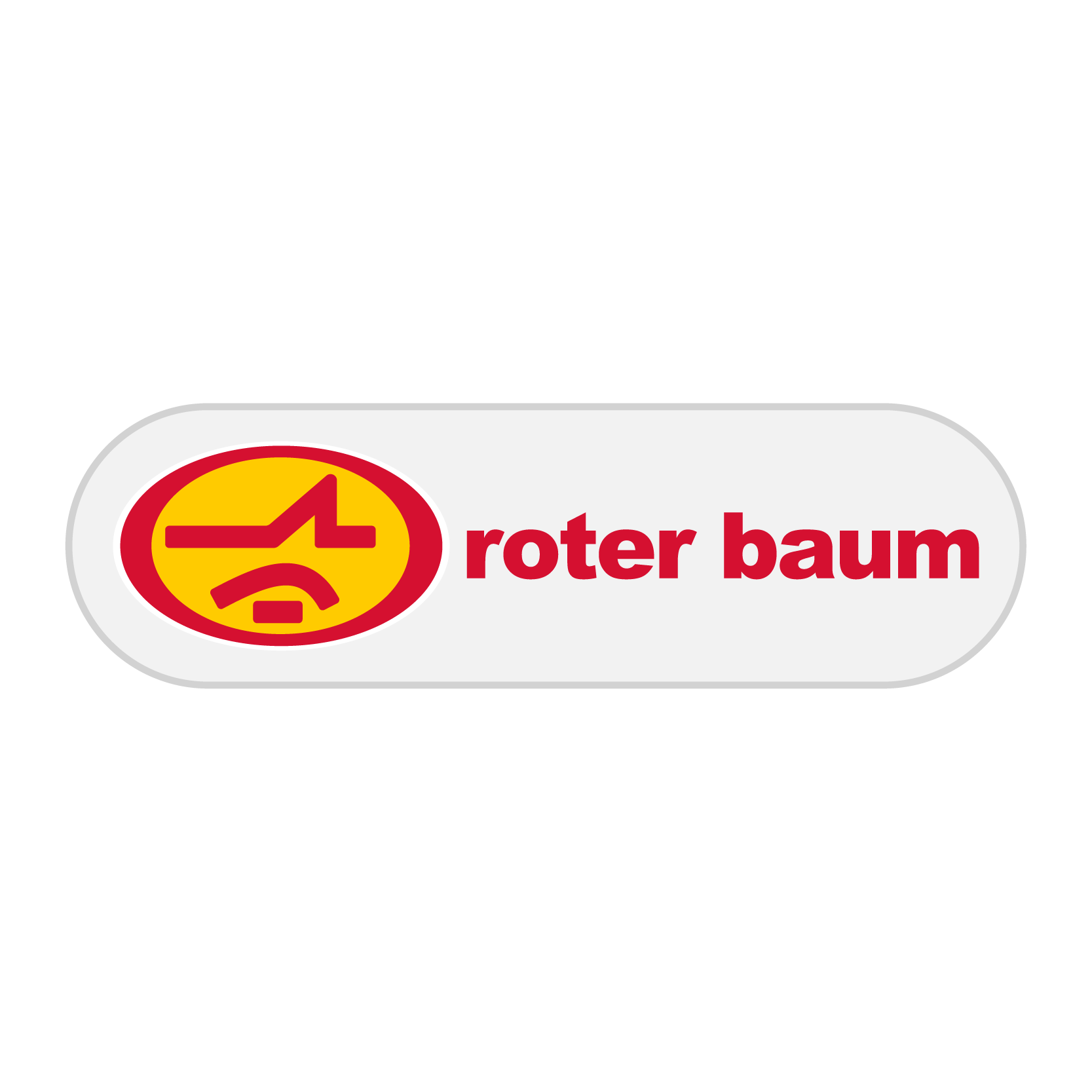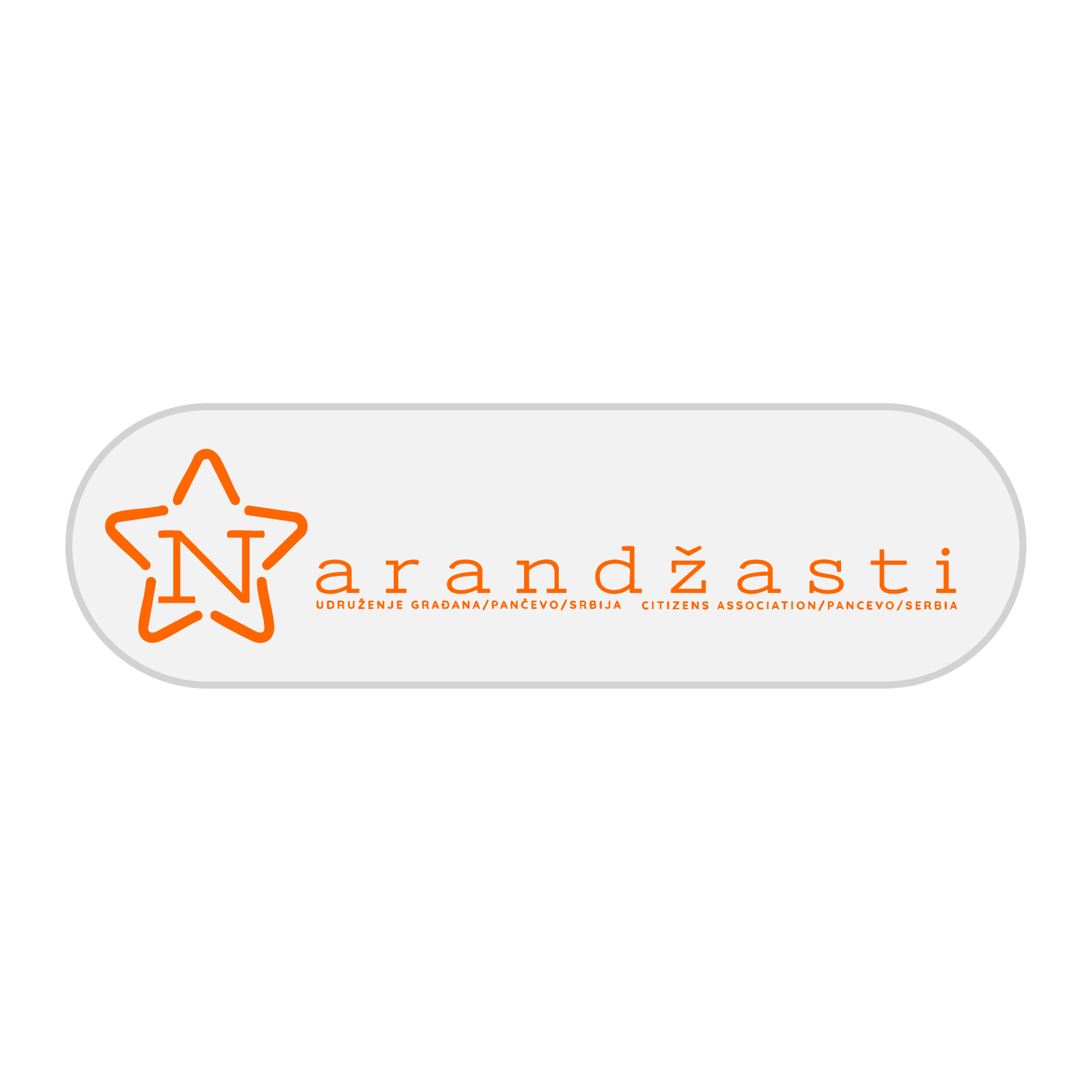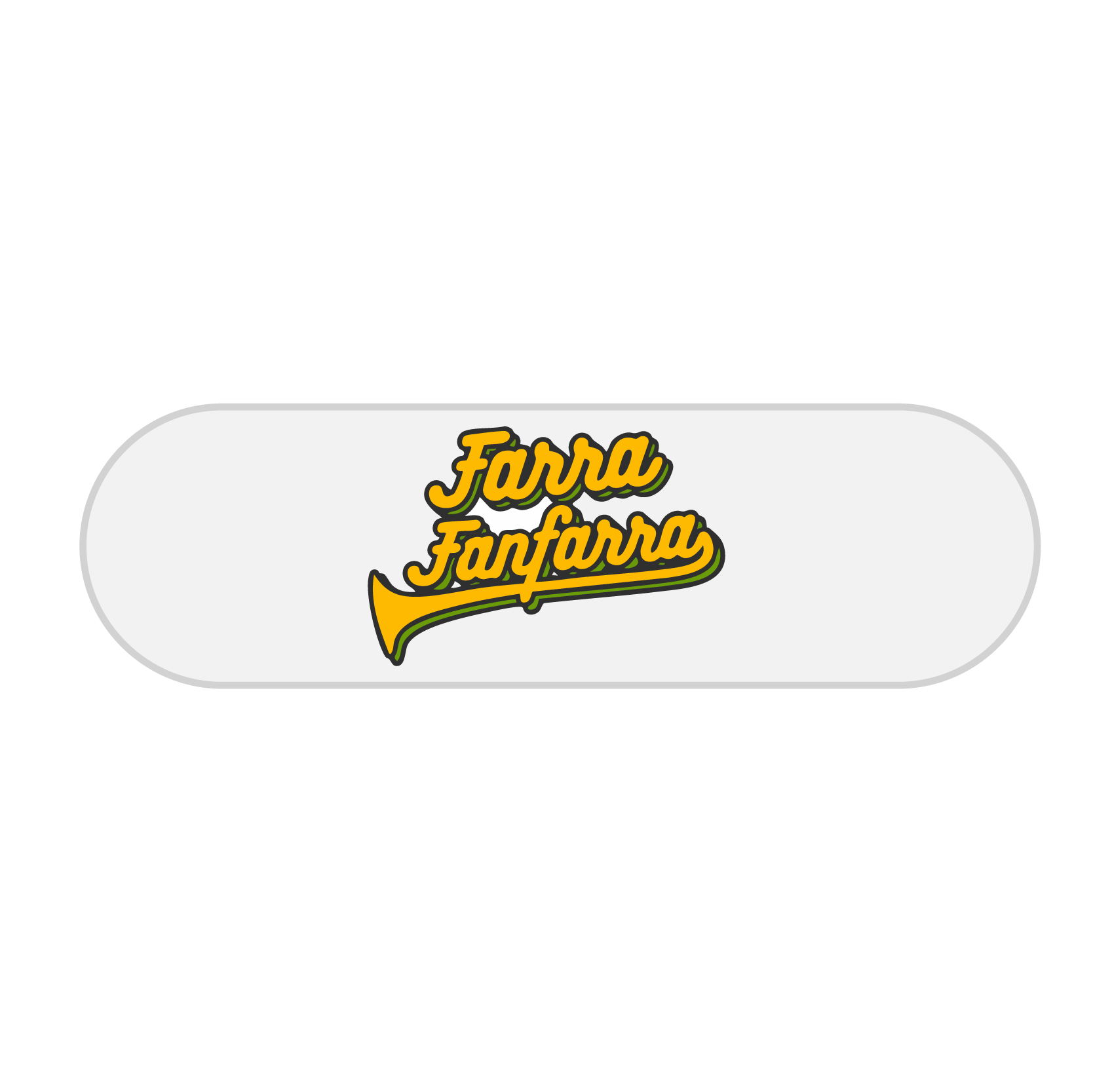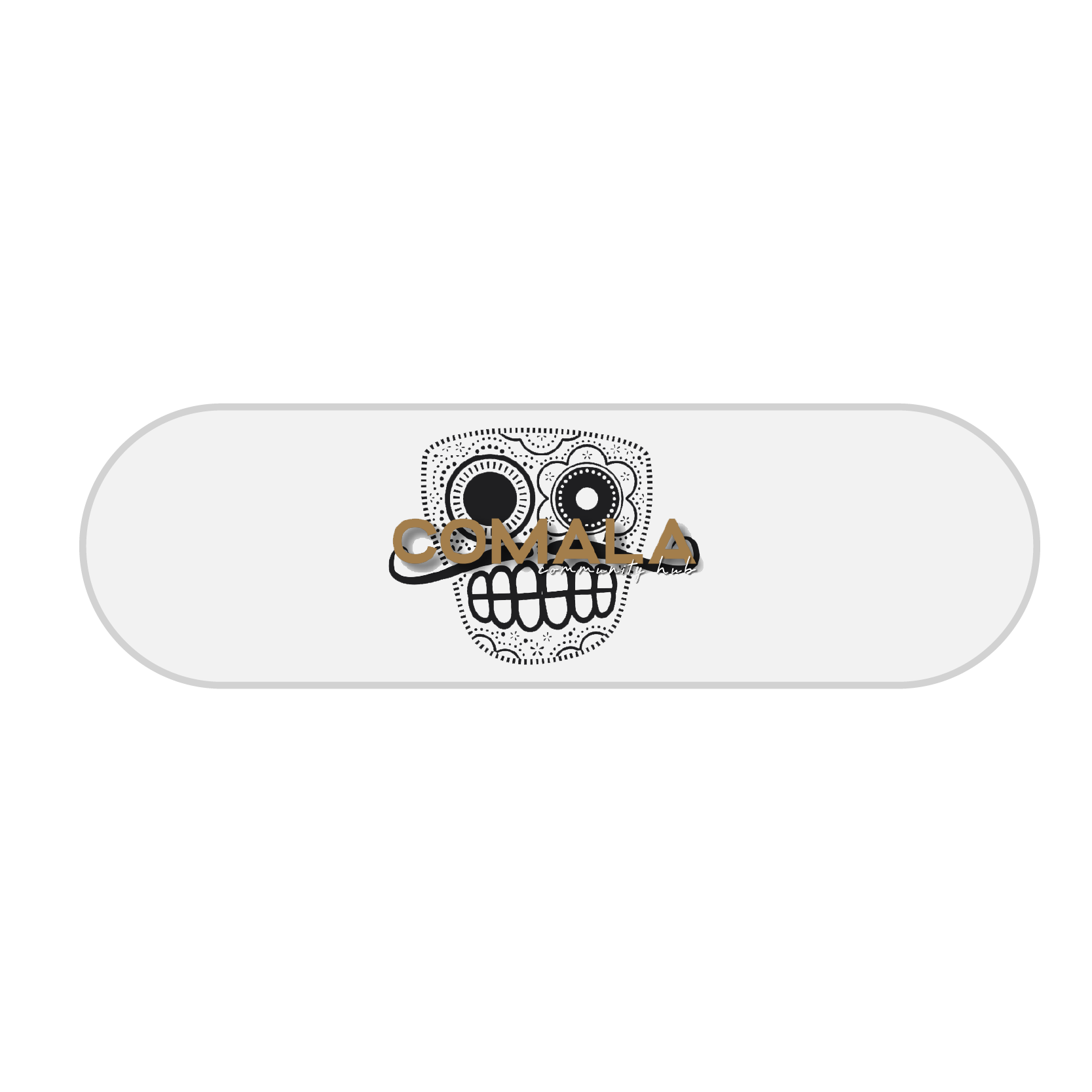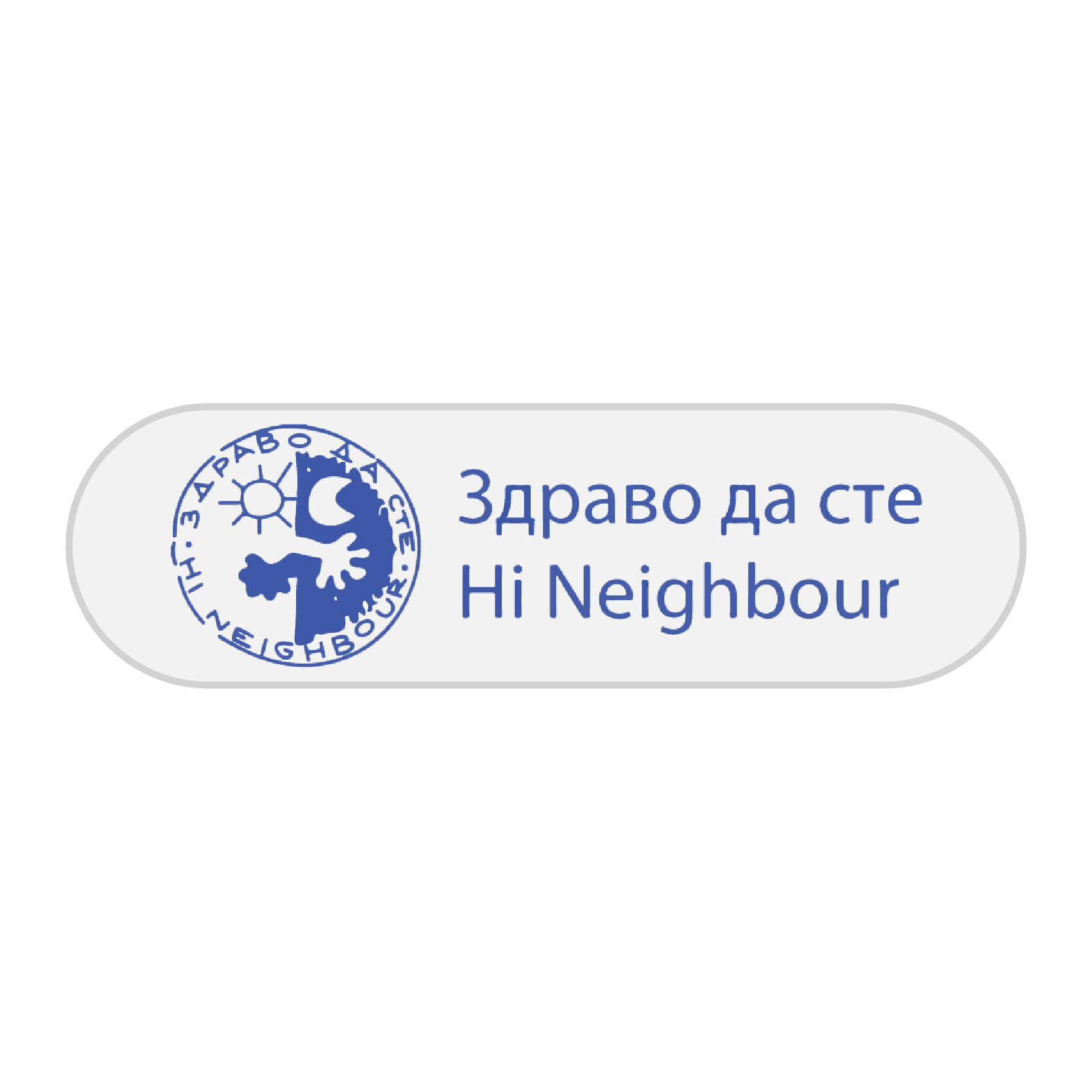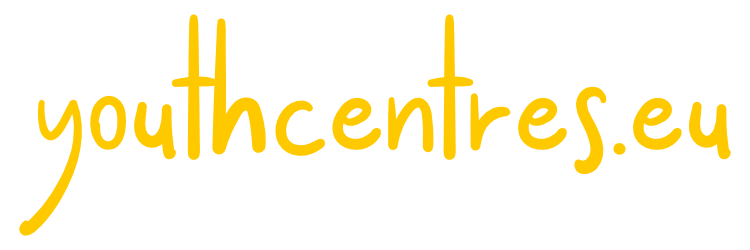EDUCATIONAL MUSIC TOOLS
To promote HRs among young people
About the project
EDUCATIONAL MUSIC TOOLS TO PROMOTE HUMAN RIGHTS AMONG YOUNG PEOPLE
is an international project aimed at enhancing the quality of human rights education in the youth sector through non-formal education (NFE) methods. The initiative brings together five partner organizations from Bosnia and Herzegovina, Serbia, Italy, Portugal, and Germany, who have successfully collaborated for over a decade in the fields of human rights and music education.
PROJECT GOALS
Building on 10 years of collaboration through the Music for Human Rights youth exchange series, the project responds to a critical gap in human rights education across Europe. This gap limits young people’s capacity to engage in meaningful political participation rooted in human rights values and principles, ultimately affecting their ability to influence decision-making and support community development.
The project seeks to empower young people to explore and understand human rights through a powerful and universal medium: music. By combining sound and lyrics, music becomes a dynamic tool for reflection and learning. Lyrics offer tangible examples that young people can analyze and discuss with the support of youth workers, highlighting the relevance of human rights in everyday life and their crucial role in fostering social cohesion.
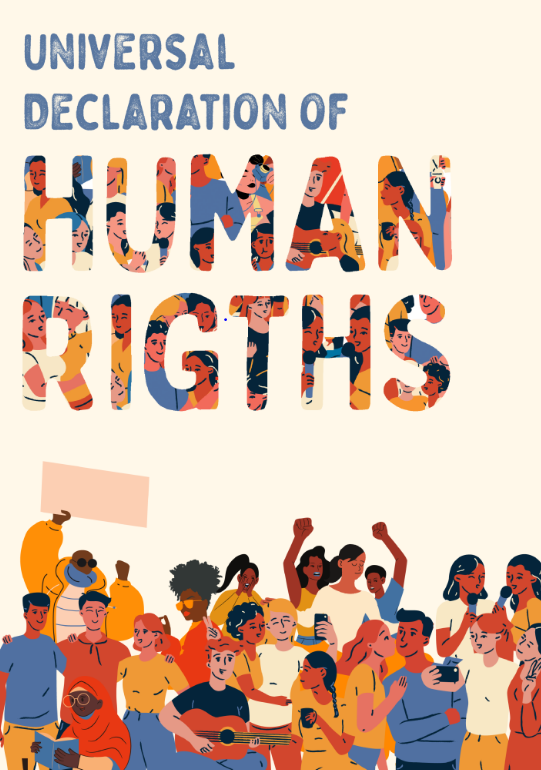
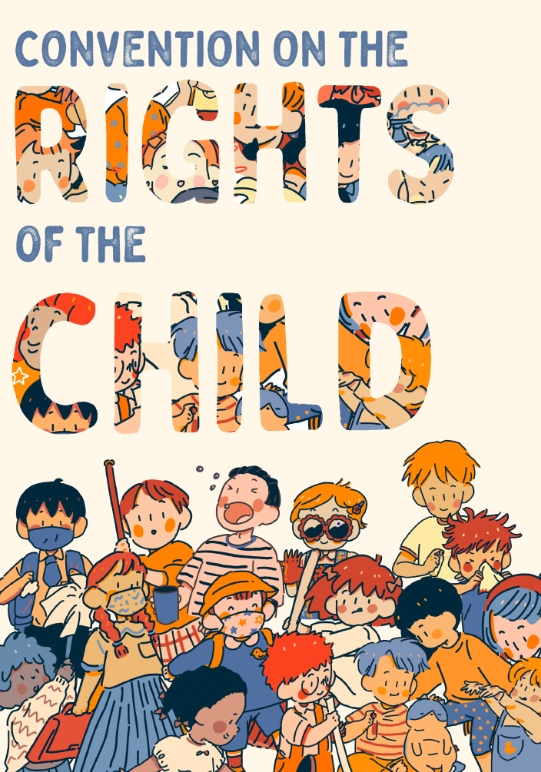
Project Results
Music and Rights
How can we make human rights engaging for young people?
In this project, we started with a challenge: human rights are essential, but often perceived as distant or difficult to grasp—especially by youth. That’s why we chose to approach this topic in a accessible way, using non-formal education methods and tools that speak their language.
At the heart of our approach is music. Not only is it a universal language, but it’s also deeply emotional, creative, and memorable—the perfect foundation for learning. Music helps young people connect with complex ideas, stimulating logical thinking, memory, abstract reasoning, and self-expression. It turns learning into an experience, not just a task.
By combining lyrics and sound, we use songs to introduce and explore key human rights principles, encouraging youth to listen actively, reflect, discuss, and share. Music helps internalize these messages, amplifying their emotional and social impact. It also opens space to talk about diversity, intercultural dialogue, and the values of tolerance and solidarity—the backbone of our international collaboration.
In a time when radicalization and division are rising across Europe, learning about human rights through music becomes more than education—it becomes a peace-building process, empowering young people to become active, responsible citizens.
Our Methodology
The development of our methodology is grounded in two essential international documents that guided our content, values, and educational goals.
Universal Declaration of Human Rights (UDHR)
The UDHR is a landmark in the history of human rights. Adopted by the United Nations General Assembly in 1948, it outlines the fundamental rights and freedoms that belong to all people—regardless of nationality, background, or belief. It served as our main reference when working with youth aged 15 to 30, providing a universal framework to discuss dignity, equality, and justice.
Convention on the Rights of the Child (CRC)
The CRC defines who children are and what rights they hold, placing responsibility on governments to protect and promote those rights. It emphasizes that all rights are interconnected and equally important. Recognized as the most widely ratified human rights treaty in history, the CRC guided our work with younger participants (ages 10–15), helping us shape tools that are age-appropriate, empowering, and inclusive.
By rooting our approach in these two key texts, we ensured that our project promotes a shared understanding of human dignity, while adapting to the different needs, experiences, and capacities of young people.
Wanna play?
This is the final step of our journey—and here’s where it all comes together. Below, you can explore and download the full set of music, tools, and methods we’ve developed throughout the project.
Resources are divided into two main target groups and each tool includes a materials list. Some activities also require you to print additional items, like playing cards or instructions, clearly noted where needed.
You’ll also find a section with extra tools we used during our Youth Exchange—warm-ups, energizers, and group-building games with a musical twist that we wanted to share with you.
All music is freely available on our SoundCloud.
Here you can explore all the materials developed throughout our journey. The project has given life to two main toolboxes—one for youngsters and one for youth—each filled with creative, music-based methods and activities inspired by human rights education.
Alongside these, you’ll also find a set of additional tools, including warm-ups and group-building exercises, and the complete toolkit that brings everything together in one place.
To accompany the educational content, we’ve produced a collection of original songs—written and composed by our team—which you can listen to and download on SoundCloud.
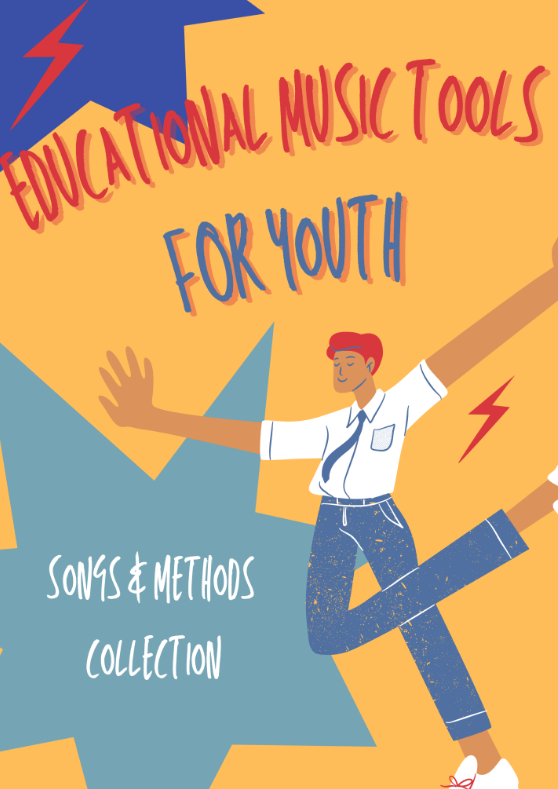
Toolbox for Youth
In this section, you’ll find a collection of educational tools designed for young people aged 15 to 30, focusing on the Universal Declaration of Human Rights.
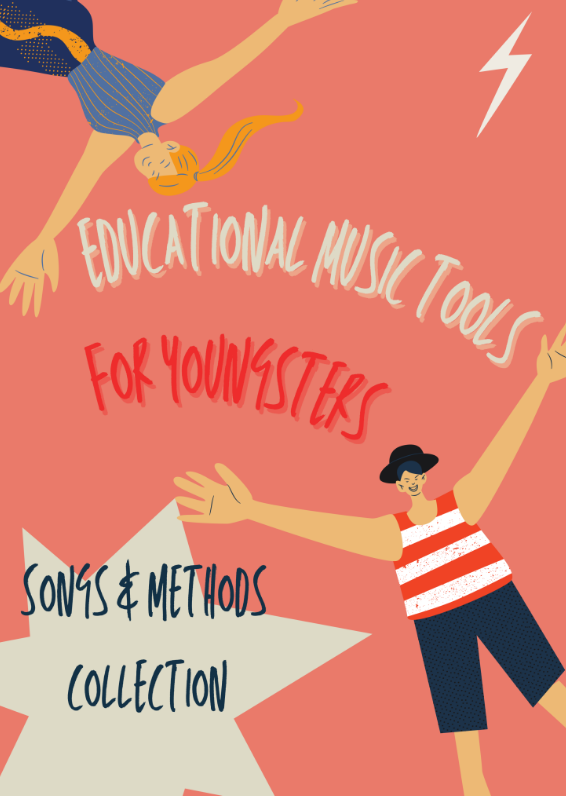
Toolbox for Youngsters
In this section, you’ll find a collection of educational tools designed for young people aged 15 to 30, focusing on the Convention on the Rights of the Child.
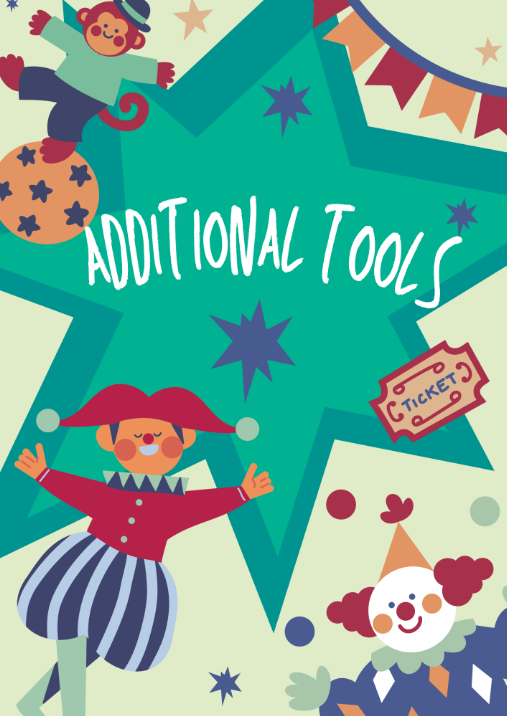
Additional Tools
In this section, you’ll find a selection of warm-ups, energizers, and teambuilding activities. These activities are perfect for breaking the ice, boosting group energy.
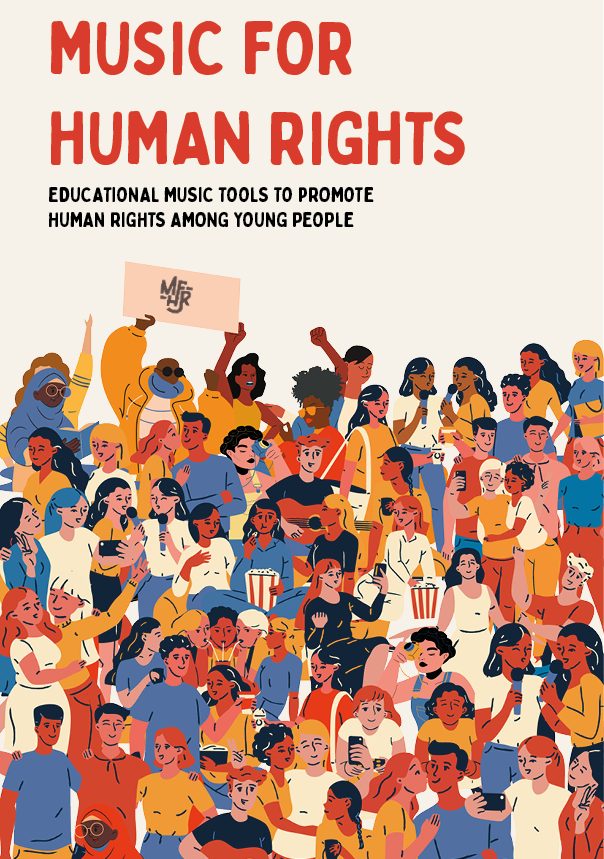
The Project Toolkit
Here you click to download our methodological toolkit to promote human rights among young people. You will find all the methods, songs and lyrics that we have produced!
Project Partners
Partners
The partners in this project are: Farra Fanfarra (Sintra, Portugal), Associazione Culturale Comala (Turin, Italy), Zdravo da Ste (Banja Luka, Bosnia and Herzegovina), Roter Baum Berlin (Berlin, Germany), Narandžasti (Pančevo, Serbia)
Donator
“Educational Music Tools to promote Human Rights among young people” is co-funded by the Erasmus+ programme of the European Union. Views and opinions expressed are however those of the author(s) only and do not necessarily reflect those of the European Union or Jugend für Europa – Nationale Agentur. Neither the European Union nor the granting authority can be held responsible for them.
Project nr. 2020-2-DE04-KA205-019797
![]()
Contacts
„Roter Baum Berlin“ UG – Stendaler Straße 43, 12627 Berlin.
030 99281840 – info@roter-baum-berlin.de
https://musicforhumanrights.eu/educational-music-tools/

